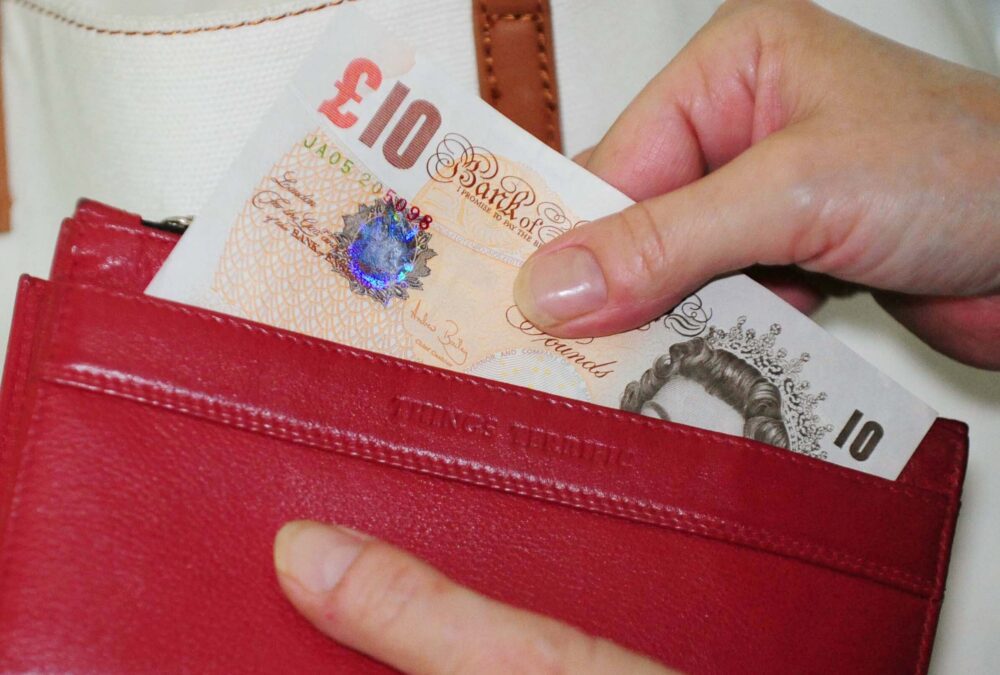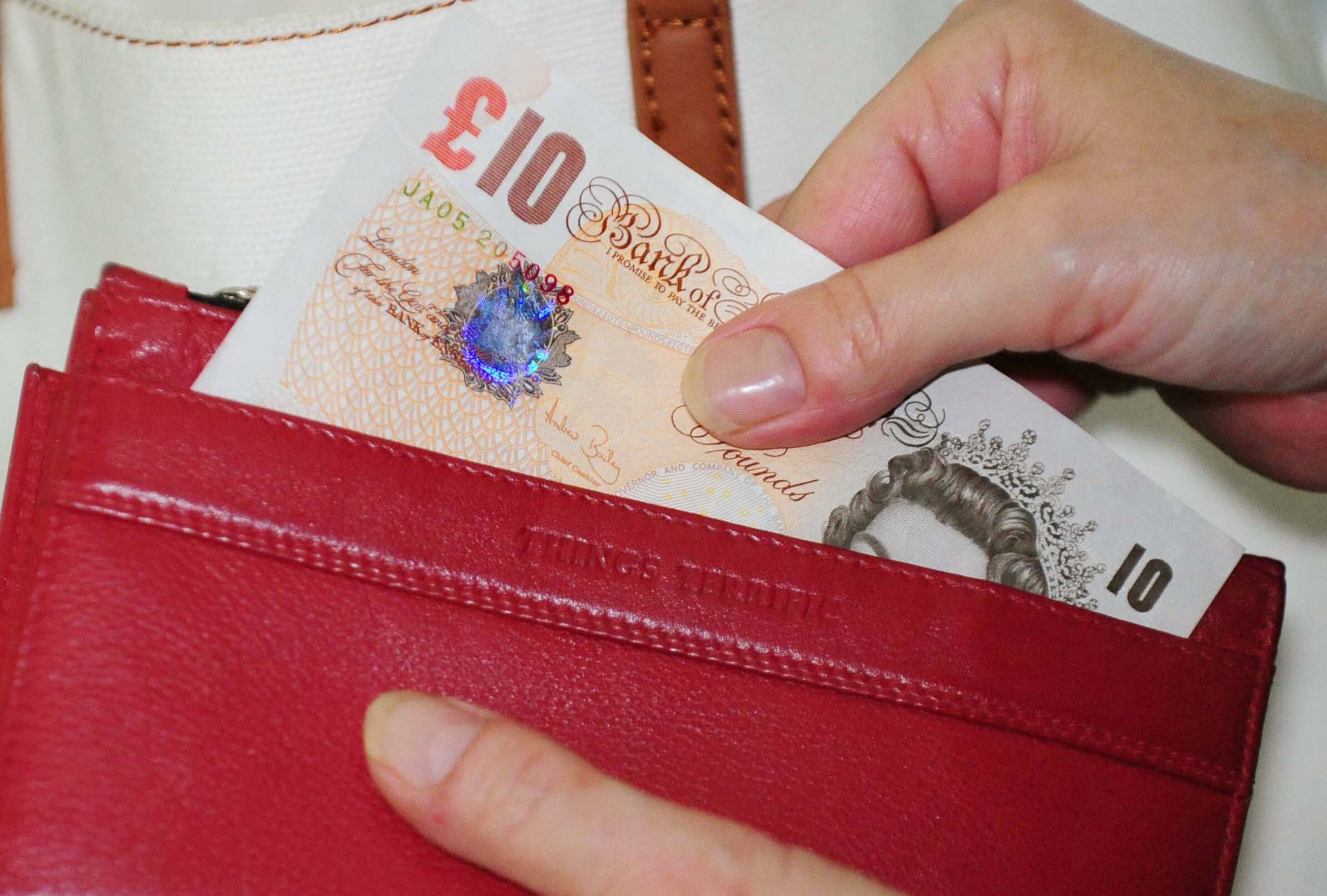Around one in five consumers have been blocked from paying with cash in recent months as lockdown rules have eased, according to Which?
The consumer group carried out two separate surveys, covering more than 3,000 people in total, to gauge their experience of payments.

One was a phone survey, to include consumers who may be less digitally capable and potentially more dependent on cash. The second survey was carried out online.
Around a fifth (18%) of people in the phone survey reported being unable to pay with cash at least once when trying to make purchases between April and July, as coronavirus restrictions were gradually being lifted.
Of those who experienced cash refusal, one in six (16%) were then unable to pay for an item.
In the online survey, people were most likely to be unable to pay in cash when shopping for groceries – accounting for a third (35%) of incidents.
This was followed by small purchases in shops and buying refreshments while out.
Eight in 10 (84%) consumers believe businesses and shops should continue to accept cash, the consumer group found.
Previous Bank of England research suggested it is unlikely that people would catch coronavirus from banknotes.
Jenny Ross, Which? Money editor, said: “Cash is still a vital way to pay for millions of consumers, so it’s very concerning to see many people still reporting difficulties when trying to spend their notes and coins, even as the country moves out of lockdown restrictions.”
Which? is encouraging firms to sign up to its cash friendly pledge to ensure people who use cash regularly are not excluded by the transition to digital payments.
Jonathan Jaffa runs York Supplies in Birmingham, a business that recently signed up to Which?’s cash friendly pledge.
He said: “The ones with no choice but to pay with cash feel we are supporting them as a part of the local community rather than dismissing them as an unimportant fringe of society.”
The Government has said it will legislate to protect the future of cash.
Which? believes, as part of the measures, the Financial Conduct Authority (FCA) should be tasked with tracking levels of cash refusal.
Lord Chris Holmes, co-chair of the All Party Parliamentary Group on banking and fintech and a digital inclusion campaigner, said: “This research is worrying to hear, but this goes far beyond cash.
“As more services go online, we need to make sure all parts of the UK have excellent connectivity and more fundamentally, an ability to access and use digital services.
“We do not want to create a two-tiered system where people who are less capable of using digital are forced to pay a premium for traditional or analogue services, or even worse, cut off entirely.”
Natalie Ceeney, chair of the Access to Cash Review and who is now leading the industry Access to Cash Action Group, said: “This is really worrying to see.
“Not everyone is able to use digital and contactless payments. What happens if people can’t buy food or medicine?
“We’ve all focused on the issues about getting cash – but the issues about being able to pay with cash are just as important.
“Small businesses are the lifeblood of many communities, but to keep accepting cash they need to be able to deposit their takings easily, something which has got harder and harder as bank branches have closed.
“We are piloting some new solutions – such as deposit taking ATMs, and shared bank hubs, to try and support consumers and small businesses, but we really do need action now to stop real harm being done to vulnerable consumers.”

















